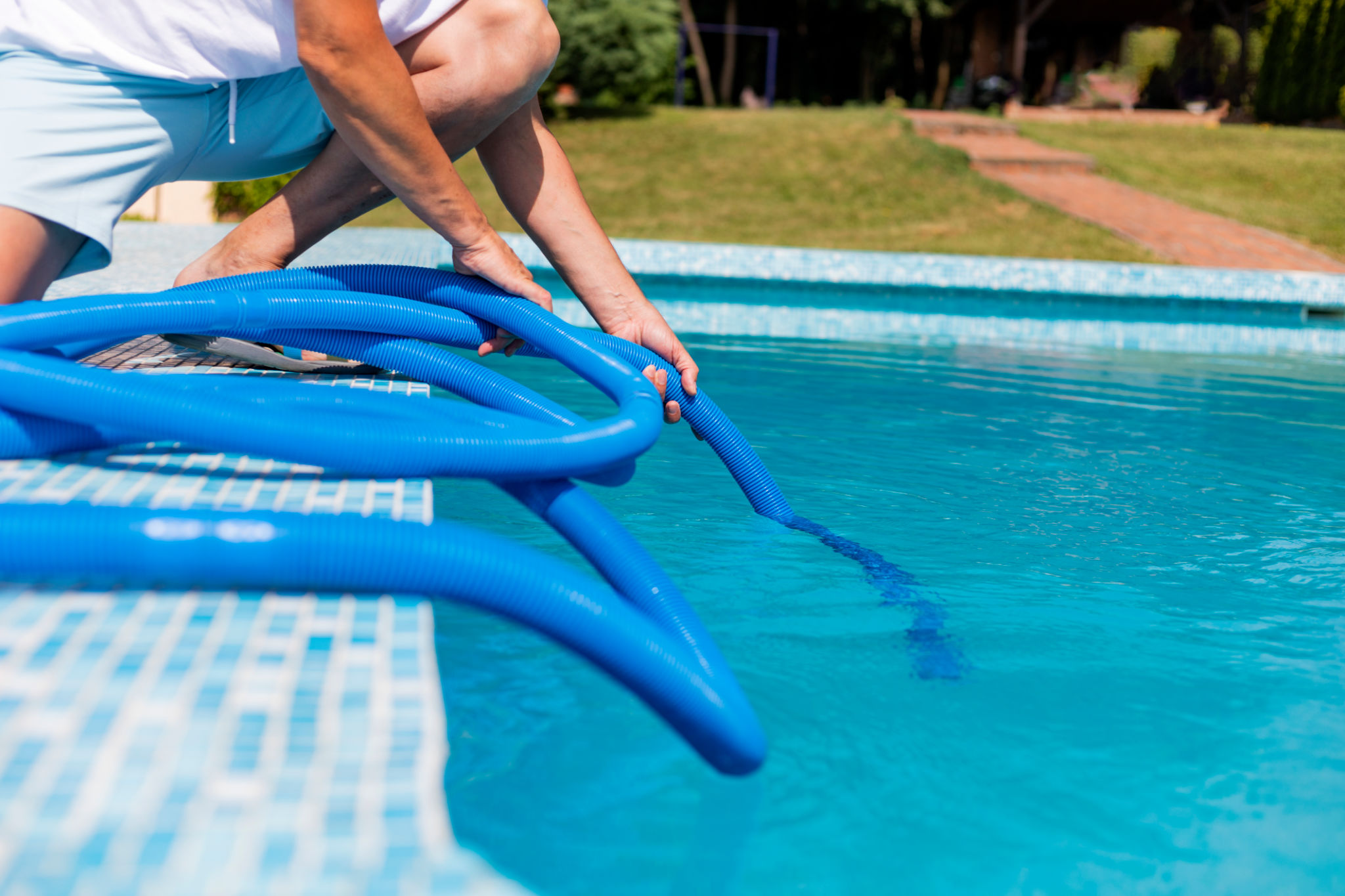Pool Maintenance 101: A Comprehensive Guide for New Pool Owners
Owning a pool can be a delightful way to enjoy summer days and enhance your property's value. However, maintaining a pool requires dedication and knowledge to ensure it remains in pristine condition. Whether you're a new pool owner or just looking to brush up on your skills, this comprehensive guide will walk you through the essentials of pool maintenance.
Understanding Pool Chemistry
Maintaining the right chemical balance in your pool is crucial for both safety and enjoyment. The key elements to monitor are pH levels, alkalinity, and chlorine. The pH should be between 7.2 and 7.6, ensuring the water is neither too acidic nor too basic. Alkalinity acts as a buffer for pH levels, so keep it between 80 and 120 ppm.
Chlorine is vital for sanitizing the water and preventing algae and bacteria growth. Aim for a free chlorine concentration of 1 to 3 ppm. Regular testing with a pool test kit or test strips can help you maintain these levels effectively.

Regular Cleaning Routine
A clean pool is a healthy pool. Regular cleaning minimizes the risk of cloudy water and algae buildup. Start by skimming the surface daily to remove leaves, bugs, and other debris. A weekly brushing of the pool walls and floor will prevent algae from settling.
Vacuuming the pool once a week helps remove dirt and sediment that the filter might not catch. Automatic pool cleaners can make this task easier, but manual vacuuming is often more thorough.

Filter Maintenance
Your pool filter is a crucial component in maintaining water clarity. There are three types of filters: sand, cartridge, and diatomaceous earth (DE). Each requires different maintenance methods. Sand filters need backwashing every few weeks, while cartridge filters should be cleaned every month or so. DE filters also require backwashing and periodic DE powder replacement.
Seasonal Pool Maintenance
Pool maintenance isn't just a summer activity; it requires attention year-round. In spring, open your pool by removing the cover, cleaning the water, and balancing the chemicals. During summer, maintain regular cleaning and chemical checks.

As autumn approaches, clean the pool thoroughly before covering it for winter. This includes lowering the water level, adding winterizing chemicals, and securely covering the pool to prevent debris accumulation.
Troubleshooting Common Issues
Even with regular maintenance, pools can encounter common issues like cloudy water or algae growth. Cloudy water often results from imbalanced chemicals or poor filtration. Check your filter system and adjust chemical levels as necessary.
Algae growth can occur if chlorine levels dip too low. Shock your pool with a higher dose of chlorine to counteract algae blooms. Regular brushing and vacuuming will also help keep algae at bay.

By following these guidelines, new pool owners can ensure their pools remain a source of relaxation and enjoyment instead of stress. Regular maintenance not only keeps your pool looking great but also extends its lifespan. With consistent care, your pool will be a refreshing oasis for years to come.
